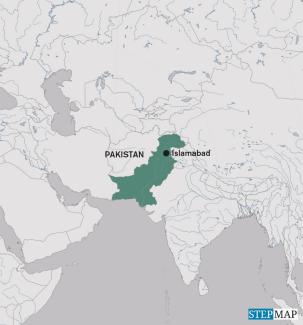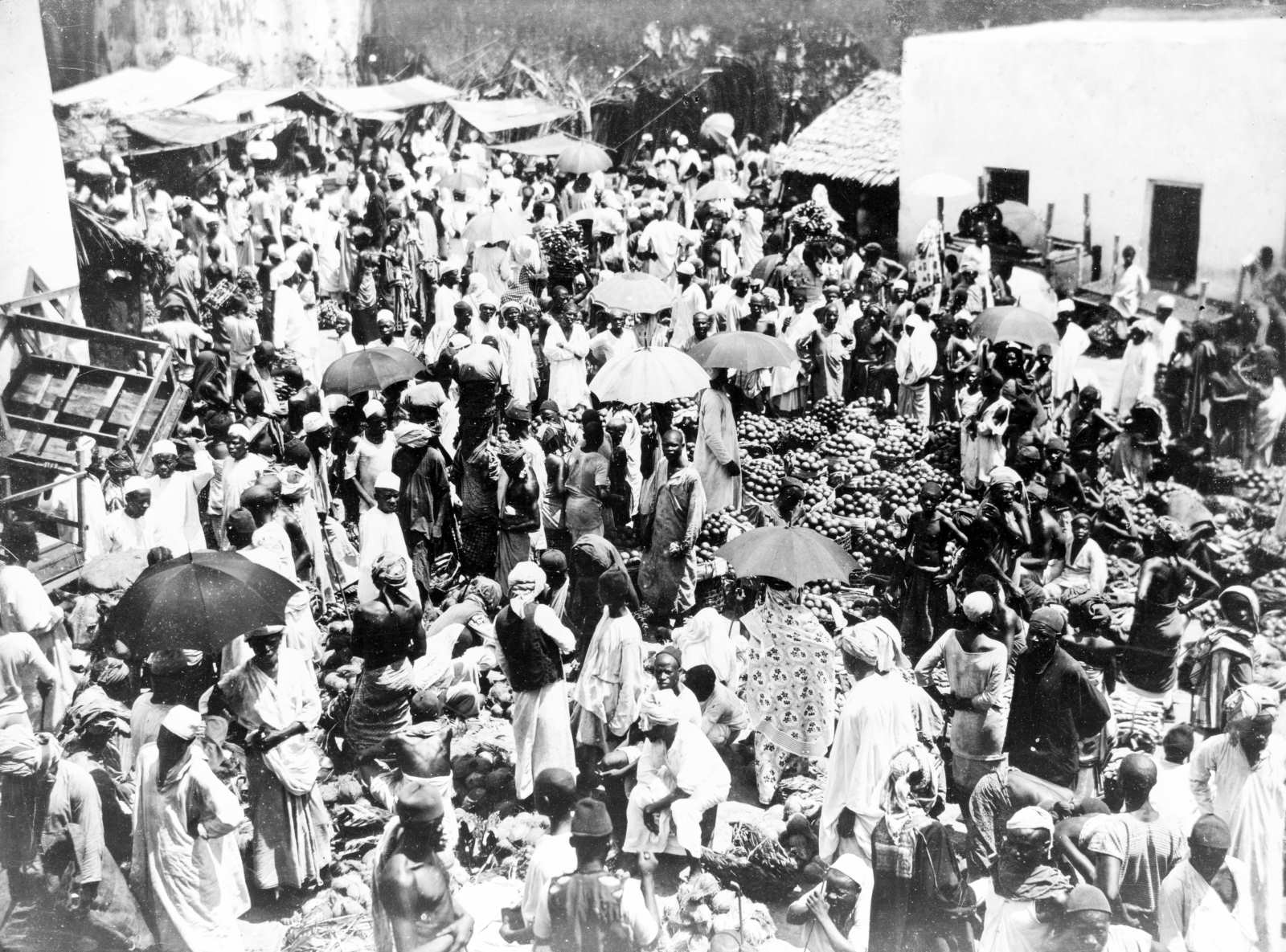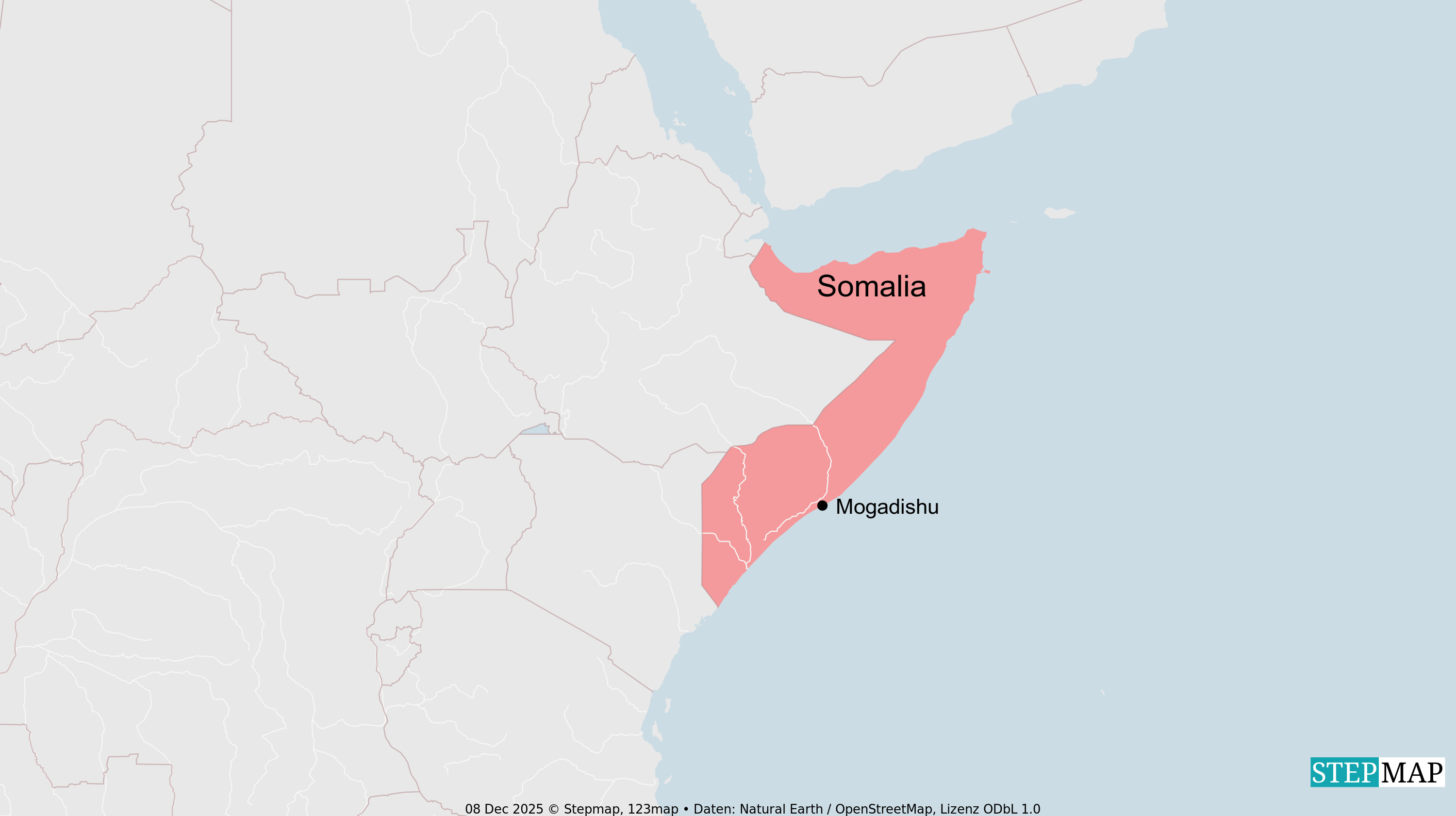Gender relations
A brief history of rape law in Pakistan

The rape laws have been amended several times, and especially harsh amendments were passed under the rule of general Zia-ul Haq, the military dictator from 1977 to 1988. In the past 15 years, however, things have been improving (see main story).
In South Asian cultures, the Hijras historically constitute a third gender. Hijras are men who identify and dress as women. Many engage in what western culture calls homosexual activities. The British colonial power outlawed this community in 1871. It also made homosexuality illegal. Punishments for “sodomy”, “unnatural offences” and “carnal intercourse” could be harsh. These terms covered sexual activities apart from penovaginal penetration, whether they were consensual or forced upon a person. Rape, however, was exclusively defined as penovaginal penetration committed by a man against the woman. It was considered impossible within a marriage, as the wife’s consent was taken for granted.
British law was explicitly meant to enforce Victorian morals. In reality, however, it gave licence to powerful men to do what they pleased. They knew no one would take them to court, not least because everything was shrouded in shame.
Sticking to the colonial norms for decades, Pakistan only recognized male and female genders. That changed when a High Court judgment accepted Hijra’s fundamental rights in 2009. In 2017, legislation was passed to protect this community (see Mahwish Gul on www.dandc.eu). Sadly, the Hijras still are a marginalised and exploited community. Nonetheless, the legal changes show that Pakistan is making progress.
Not all problems can be blamed on the former colonial power. From the late 1970s to the late 1980s, General Zia claimed to promote “Islamisation” (Maryam Khan’s assessed Islamist tendencies in Pakistan on www.dandc.eu in 2015). His “Hadood” ordinance of 1979 made rape victims even less likely to file charges. To find a rapist guilty, four adult male witnesses were needed. If a victim acknowledged there had been sexualised contact, but did not come up with those four witnesses, she was implicitly guilty of adultery, which was also a crime according to Hadood rules. The pattern of blaming victims of sexualised violence was probably never more pronounced than it was by Zia’s ordinance.
Marva Khan is assistant professor of law at LUMS (Lahore University of Management Sciences) and co-founder of the Pakistani Feminist Judgments Project. marva.khan@lums.edu.pk











